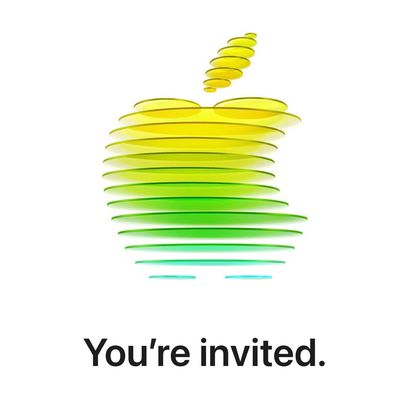Microsoft today announced that it's opening signups for an early preview of Skype Translator, a real-time language translation feature that it first showed off earlier this year at Re/code's Code Conference.
While the initial trial program will be limited to customers who own a Windows 8.1 computer or tablet, Microsoft is open to bringing Skype Translator to other platforms in the future.
The preview program will be free and will initially be available for Windows 8.1 computers and tablets only, and will kick-off with a limited selection of languages. That said, as part of the sign-up process, you'll have the chance to tell us which languages are important to you, what platforms you'd like to see added, and how you plan to use Skype Translator once it becomes available. We look forward to this feedback, as it will help enhance future releases.
In a May demo of the Skype translation tool, a Skype employee conducted a conversation with a German-speaking colleague, with Skype providing real-time translation from German to English and vice versa. While the translation software did not perform perfectly, audience members at the time said its translation capabilities were "pretty good."
Microsoft also demoed the feature at its Microsoft Worldwide Partner Conference, showing off somewhat more polished translation capabilities. According to Microsoft, Skype Translator continually improves as it translates text back and forth from one language to another.
As with the demo, the early preview version of Skype Translator only works with a small number of languages, but Microsoft has plans to continually add additional languages to the app as development progresses.
Microsoft has previously said that after Skype Translator is beta tested on the Windows platform, it will be brought to Mac users.



















Top Rated Comments
This is the worst translation I've ever seen, every $1 iPhone app does a better job.
Horrific.
For example, in English, we say "a blue car", but in French, it's "a car blue". So how would a real-time translator be able to speak in real-time without knowing in advance what the next word was?
Just for fun, here are the German sentences the software created, translated back into English:
Original:
"Good afternoon, Melanie. How are you?"
Output:
"But after new Melanie. How are you?"
Original:
"Sorry, Melanie, say that again."
Output:
"Melanie, say that again."
Original:
"Very well, thank you. I'm here at the Worldwide Partner Conference with 16.000 partners, on the big stage. So: No pressure."
Output:
"Well, thank you. I'm here, but world-wide partner conference with 16.000 Palm OS on the big stage. So, no pressure."
Original:
"Yes, I did see the world cup. Congratulations"
Output:
"Yes, I did see the congratulations for the World Cup."
Original:
"Very funny, Melanie. I'm more of a cricket fan."
Output:
"You full, Melanie. A cricket fan move."
Original:
[I'm too lazy to type the whole flight list]
Output:
[Also too lazy to transcribe. It's quite understandable, but the word order is all wrong. Just taken directly from English instead of re-arraging according to the rules of German grammar. So in the way as if I in English write like this would.]
Original:
"Thanks, Melanie. Good-bye."
Output:
"Thanks, Melanie. Good-bye."
Yeah, the very first English phrase in the embedded video ('Good afternoon Melanie') is translated as: 'But after new Melanie' (or their respective counterparts in German where they don't make any more sense than they do in English). Essentially the translator parsed the English phrase as four separate words and translated them one by one. It misunderstood the 'good' as 'but', got the 'after' correct and again misunderstood the 'noon' as 'new'. Well, and it understood the last word as being a name that doesn't need translation.